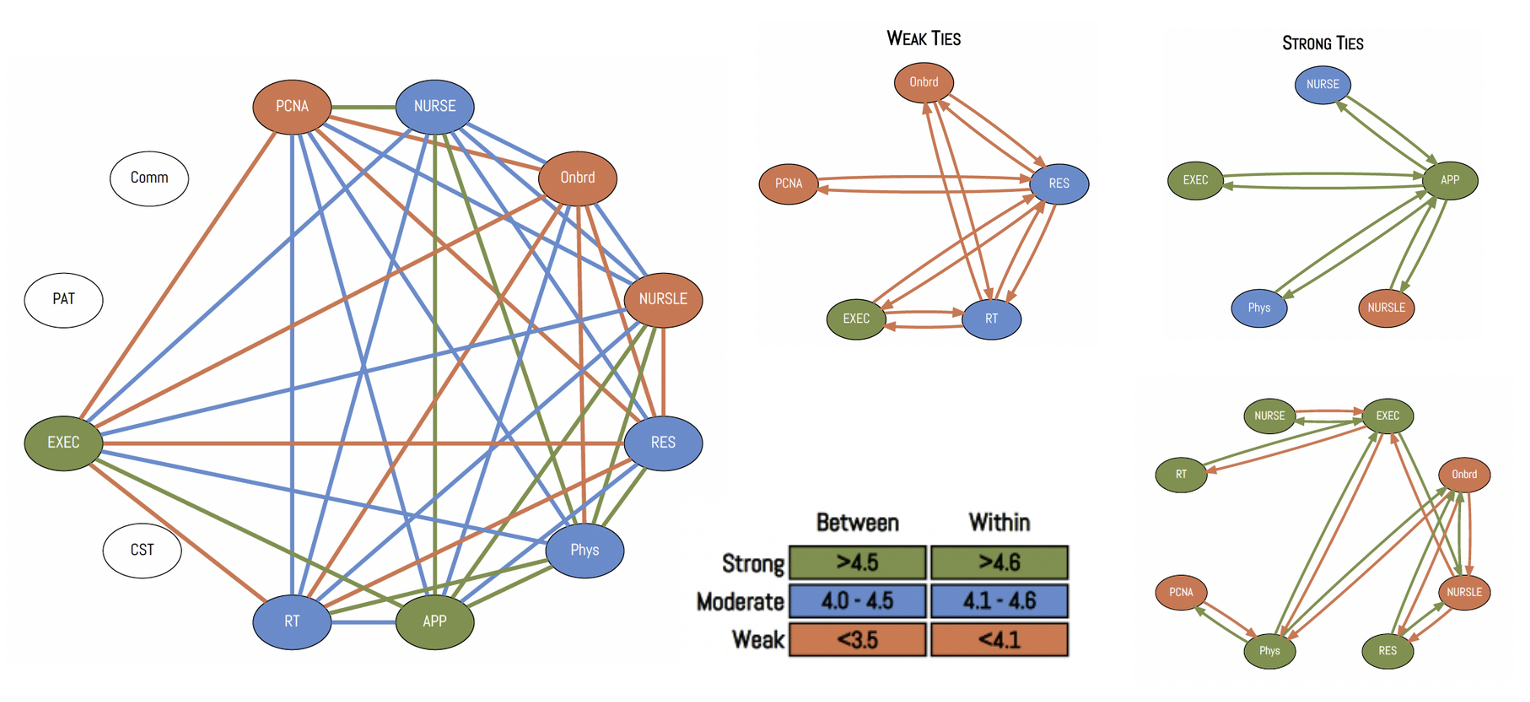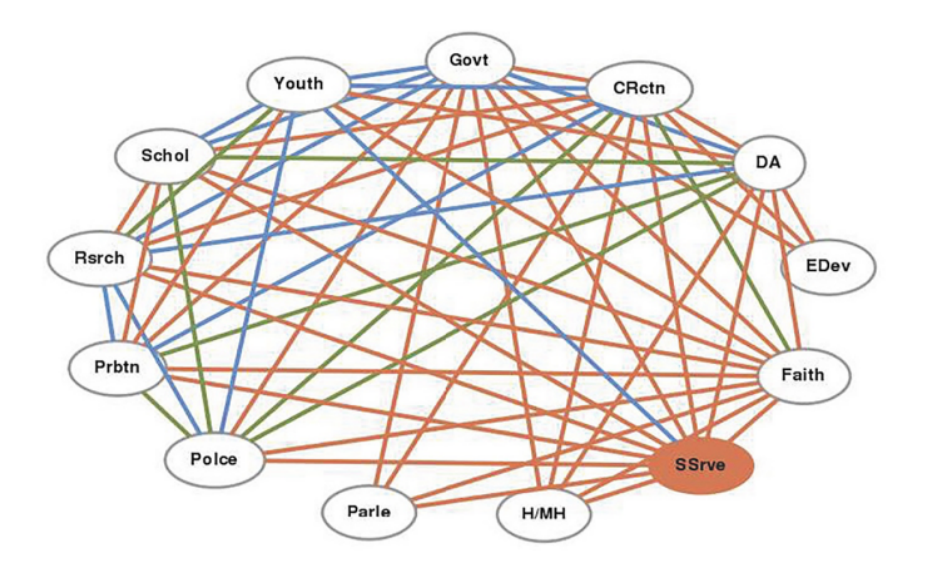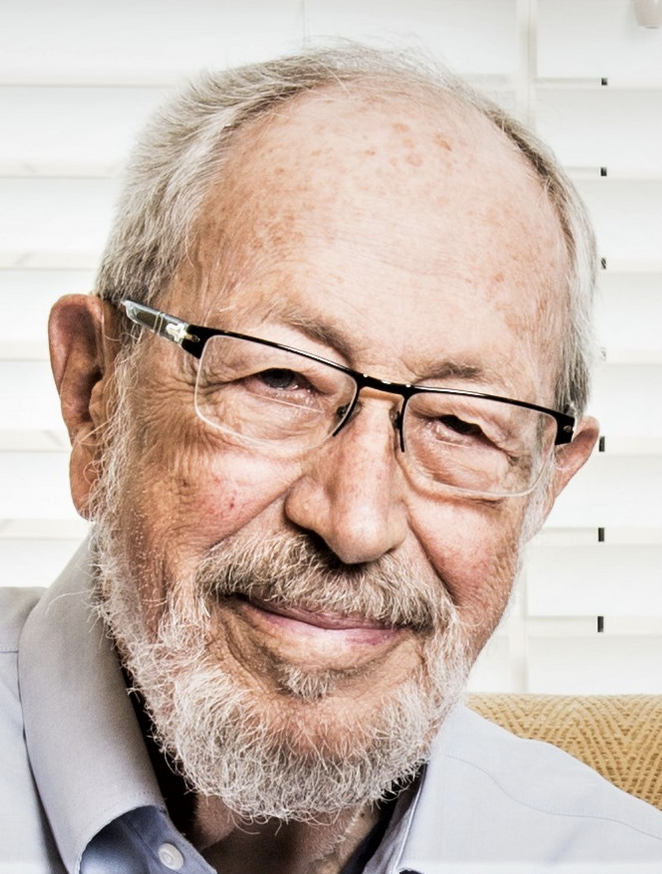The Relational Coordination SurveyTM is a seven-question instrument based on the theory of relational coordination. It is a validated tool that is useful for researchers, leaders and consultants.
The RC SurveyTM enables researchers to asssess the impact of relational coordination on desired performance outcomes, and to assess the impact of individual, organizational or contextual factors - including multi-level interventions - on relational coordination. See Bolton, Logan and Gittell (2021) for a systematic review of findings.
The RC SurveyTM also enables leaders and consultants to discover where relational coordination is strongest and weakest within and between the entities that need to work together. It provides visual results that open up dialogues for participants to assess the current state, discover specific areas for change, develop interventions, and test their impact in a continuous cycle of improvement. See the RC Playbook for guidance, including the Relational Model of Change and the Six Stages of Change.
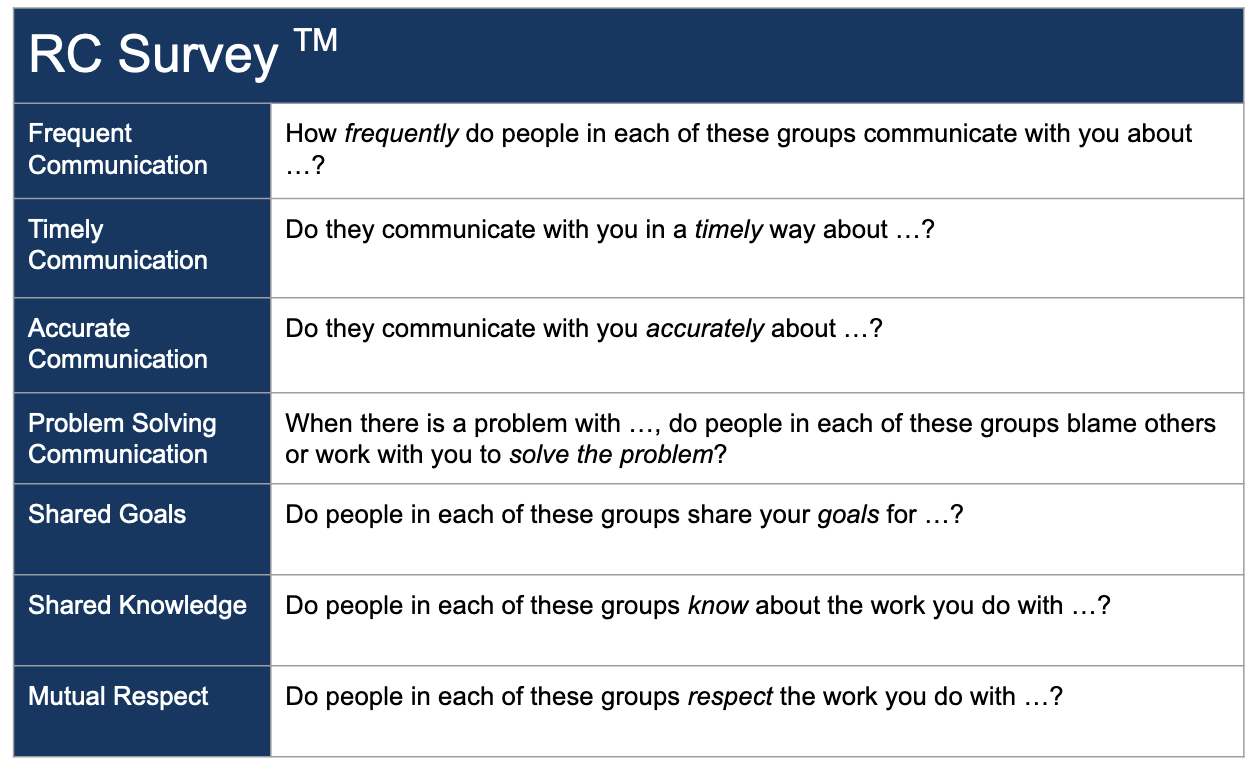 How Does the RC SurveyTM Work?
How Does the RC SurveyTM Work?
The RC SurveyTM measures the seven RC dimensions by asking participants about their experience working together on a particular work process. This work process or focal work process will be customized by you depending on the context. It can be something general like “the work you do together” or more specific like “post-operative care for surgical patients” or “ensuring student success.” You can assess RC among all groups involved in the work, including the clients themselves. The survey can be administered via a web link or included in an existing survey. It generally takes 10 to 12 minutes to complete, and longer if you include other questions about psychological safety, job satisfaction, work engagement and/or burnout.
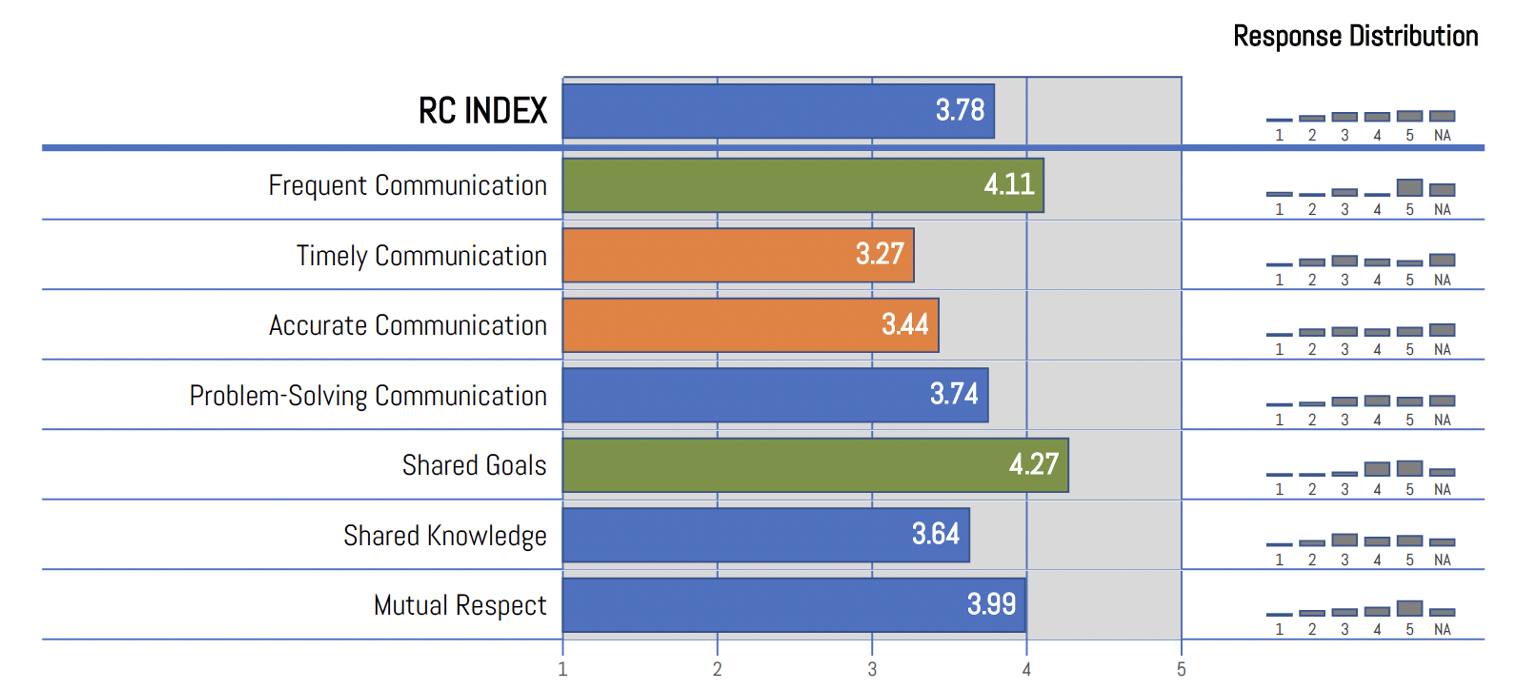
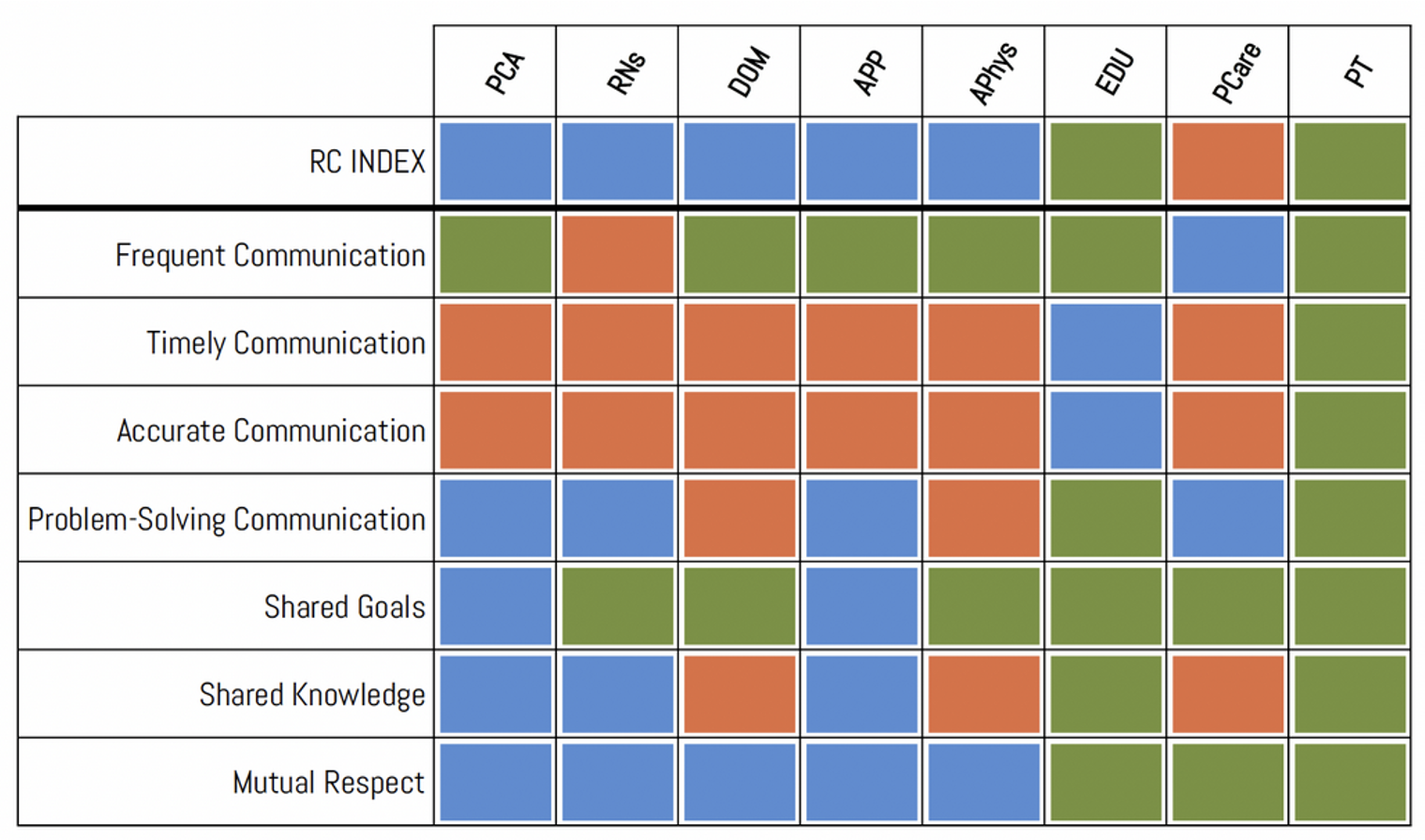
How to Access the RC SurveyTM
- Relational Coordination Analytics (RCA) has built a user-friendly platform with data vvisualizations, inclusion of clients and/or leaders in the coordination network, cross-site benchmarking, trends over time, and more. RCA is currently the only organization that has a license to offer the RC SurveyTM to other users. RCA works with leaders and consultants on a project by project basis, and partners with organizations to embed customized RC metrics into their dashboards. Contact Heba Ali at heba@rcanalytic.com for advice and a quote for your needs.
- Brandeis University Office of Technology Licensing provides end user licenses to users who have the analytic skills to use the RC SurveyTM questions on their own. Access is free for research purposes. Contact Rajnish Kaushik at rajnish@brandeis.edu for permission.
- Survey users may also opt for a combination of these options - a license from Brandeis University to use the survey questions, and a contract with Relational Coordination Analytics to assist with any stage of the process as needed - from scoping and set up, to data analysis, data visualization, and/or feeding back results.
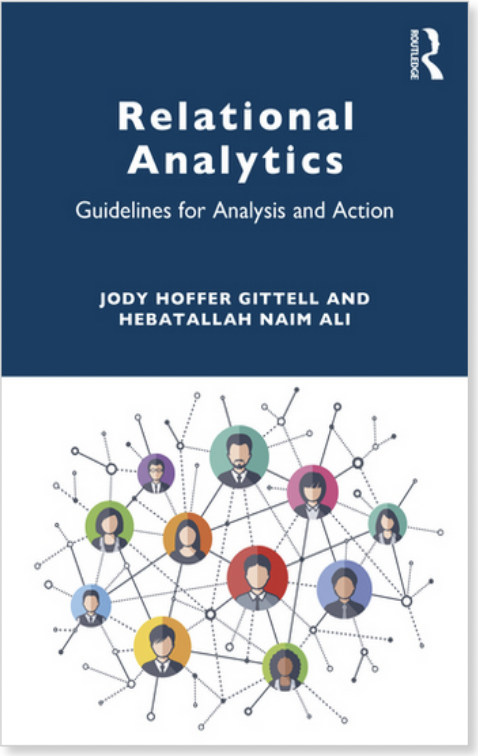
Validation of the RC SurveyTM
Relational coordination is measured using seven survey questions including four questions about communication (frequency, timeliness, accuracy, problem-solving) and three questions about relationships (shared goals, shared knowledge, mutual respect). These seven dimensions of relational coordination were discovered through qualitative field research. Together these dimensions form the relational coordination construct, which has been fully validated, and is associated with a wide array of performance outcomes and with multiple interventions that support it .
The Relational Coordination SurveyTM meets the psychometric validation standards (internal consistency, interrater agreement and reliability, structural validity, and content validity) and is therefore considered to be a fully "validated" measure of teamwork. See the following publication for information about the RC SurveyTM, how to set it up, analyze the data, and use those data to inform an inclusive change process.
- Relational Analytics: Guidelines for Analysis and Action, by Jody Hoffer Gittell and Heba Naim Ali, Routledge Publishing (2021).
Relational coordination is unusual in the sense that it is a fully validated measure of teamwork that can be applied to unbounded teams - teams that span multiple boundaries. Measures that meet these criteria are relatively rare. One other measure that meets these criteria is designed to measure teamwork from the perspective of nurses only. The Relational Coordination SurveyTM has been included in several inventories of measurements, including:
- "Measuring Teamwork in Healthcare Settings: A Review of Survey Instruments," by Melissa Valentine, Ingrid Nembhard and Amy Edmondson, Medical Care (2013).
- "An Inventory of Quantitative Tools Measuring Interprofessional Education and Collaborative Practice Outcomes," by the Canadian Interprofessional Health Collaborative (2012), page 46.
- Care Coordination Measures Atlas, by Katherine M. McDonald, E. Schwartz, L. Albin, N. Pineda, J. Lonhart, V. Sundaram, C. Smith-Spangler, J. Brustrom, El Malcolm, Agency for Healthcare Research and Quality (2011).
Advice When Using the RC SurveyTM for Interventions
"As elegant and straightforward as the RC Survey is as a measure, it is not a magic bullet for improving team performance or organizational culture. It needs to be used as one part of a broader intervention that includes longitudinal individual and team coaching, trustworthy processes for relational learning and accountability, and leadership development to assure consistent parallel process across levels of the team or organization. Such work requires the involvement of skilled coaches/consultants with experience in group dynamics, systems work, conflict resolution, and the teaching of emotional self-management. For all these reasons, we urge you not to tread lightly or naively into the realm of interventions. Be prepared to invest the necessary time and resources and be sure you have access to the skills and experience that the work requires."

